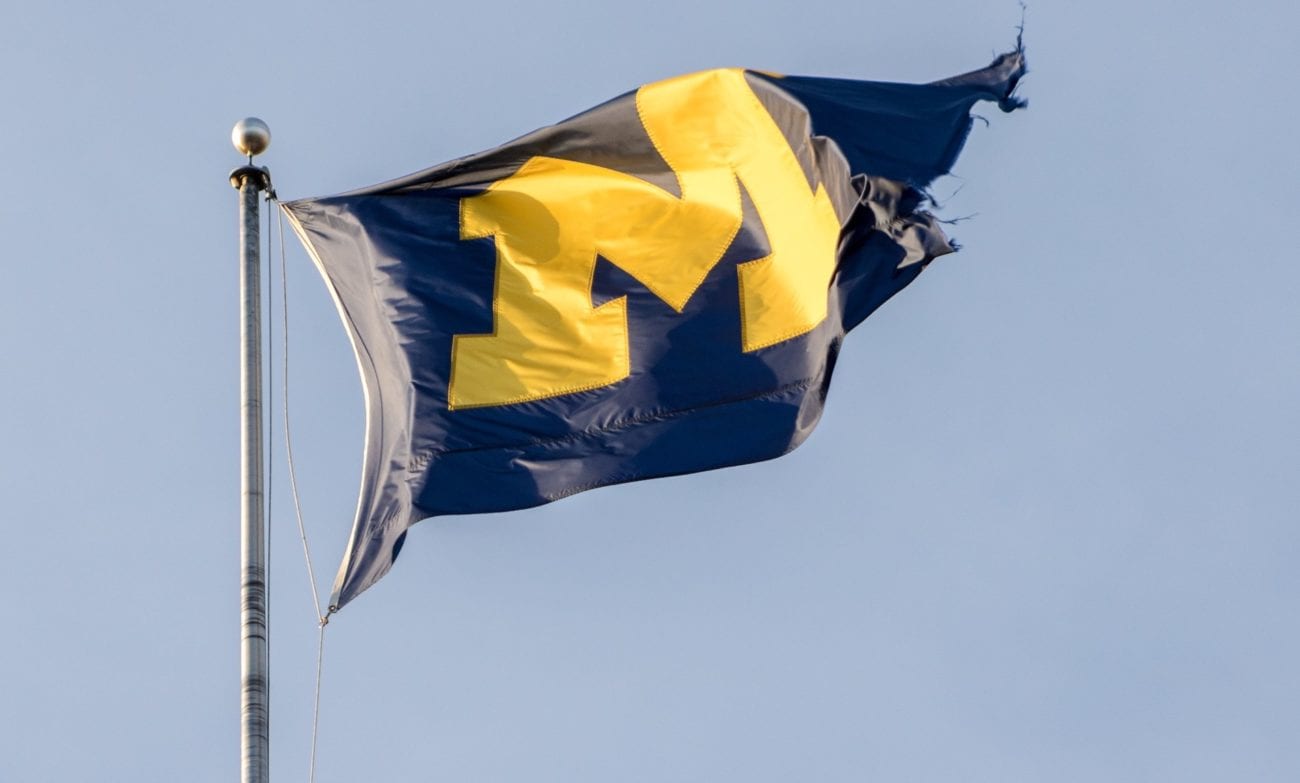The Michigan Gaming Control Board (MGCB) has taken decisive action against illegal online gambling by sending cease-and-desist letters to 13 offshore operators, emphasizing the importance of regulatory oversight in the gaming industry.
In a recent announcement, the MGCB detailed two notable updates, instructing all identified operators to halt their online gambling operations within Michigan. These measures are part of a wider effort to maintain the integrity of the state’s gaming landscape.
The first update, released on April 2, spotlighted Lucky Tiger Casino and Rich Palms Casino, both managed by Alistair Solutions NV, a company based in Curaçao. The MGCB stated that these casinos were unlawfully providing various gambling services, including slots, table games, and video poker, without the required Michigan licenses.
According to the MGCB, these activities violated the Lawful Internet Gaming Act as well as other Michigan laws, resulting in serious potential penalties. Offenders of the Michigan Penal Code could face up to one decade in prison or fines totaling $100,000 (approximately £77,058 or €91,043).
The operators were given a strict 14-day compliance window to cease all activities that breach state regulations, with non-compliance likely leading to additional legal consequences.
In a follow-up, another update dated April 3 listed 11 further websites engaged in similar unlawful operations. Names such as Shazam Casino, Highway Casino, and SlotsRoom were flagged for targeting Michigan players without appropriate licenses. This alert underscores a significant concern: the platforms were reported for employing deceptive practices, such as withholding winnings and enforcing unreasonable wagering requirements that complicated player access to their funds.
The MGCB reiterated that these operators also breached state laws, prompting immediate cease-and-desist orders, with a similar 14-day grace period for compliance.
Henry Williams, the executive director of the MGCB, expressed the board’s steadfast commitment to creating a safe and fair gaming environment for Michigan residents. “Our actions today reinforce our resolve to hold unlicensed operators accountable,” he stated. Williams emphasized that dismantling these unauthorized platforms is crucial not only for preserving the integrity of Michigan’s regulated gaming sector but also for safeguarding residents against predatory practices and unpredictable gambling experiences.
This recent wave of enforcement initiatives reflects a broader commitment to protect consumers while ensuring that legal gambling avenues thrive, thereby cultivating a responsible gaming culture in Michigan.
